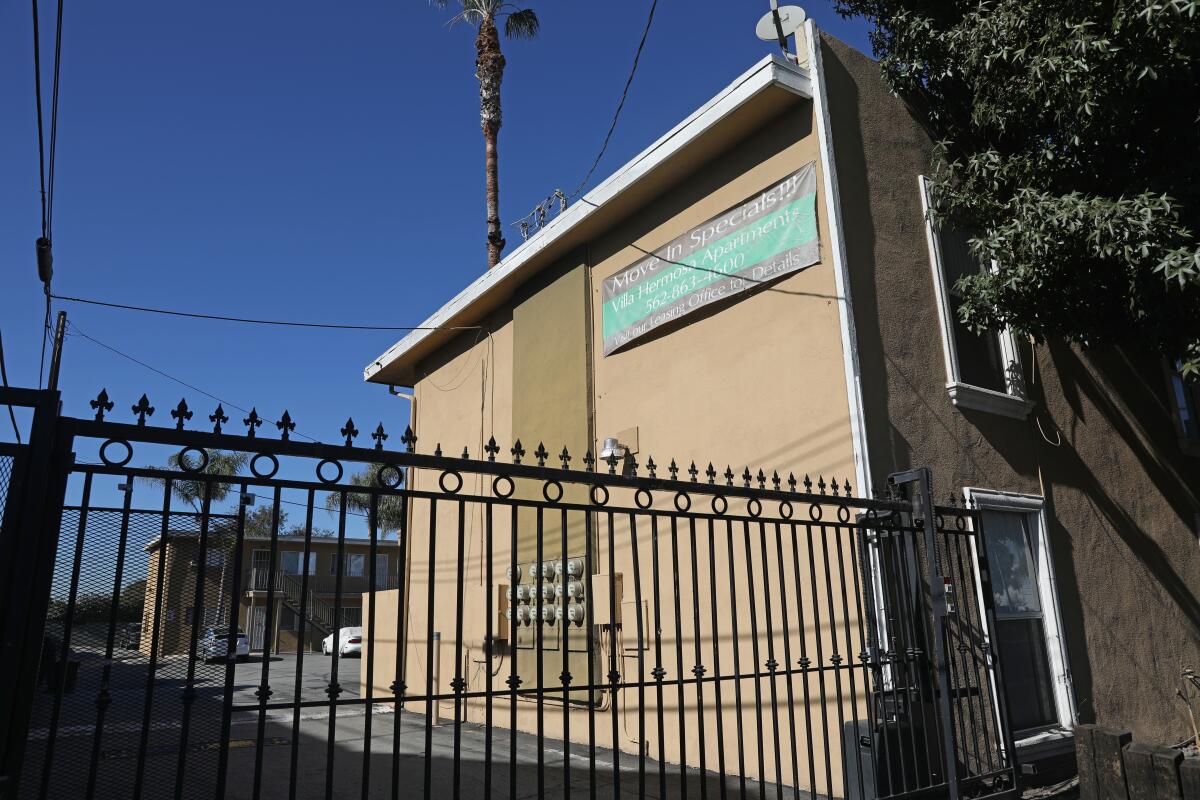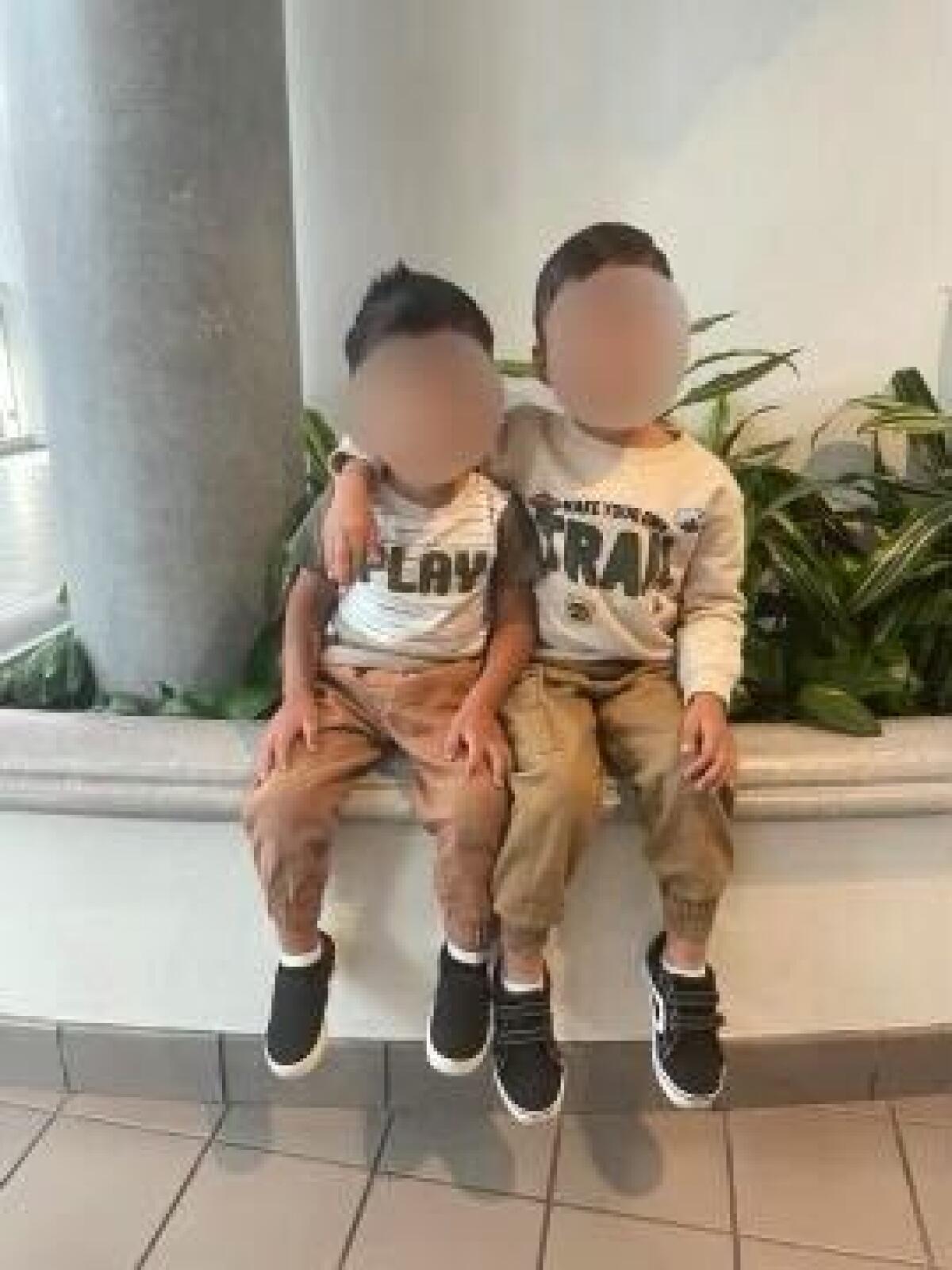L.A. County foster care system to ramp up services in Indigenous languages

- Share via
After a 4-year-old boy was severely injured while in the care of his foster mother, Los Angeles County officials will strengthen efforts to provide interpreters in Indigenous languages to families in the foster care system.
On Tuesday, the L.A. County Board of Supervisors unanimously passed a motion directing the Department of Children and Family Services to come up with a plan to improve its language services for Indigenous families and to strengthen its Asian Pacific and Native American programs.
The 4-year-old, Andres F., was hospitalized Oct. 28 with life-threatening injuries. His foster mother, Gabriela Casarez, 26, of Norwalk, has pleaded not guilty to two counts of child abuse and one count of assault leading to coma or paralysis.
The boy’s birth mother is a Guatemalan immigrant who primarily speaks Akateko, a Mayan language. Her family has claimed that she wasn’t provided an interpreter and that social workers failed to effectively communicate with her before taking Andres and his 2-year-old brother, Emiliano, away from her.

L.A. County is home to more than 30 Indigenous groups from Mexico and Central America who speak at least 17 languages, according to data collected by Comunidades Indigenas en Liderazgo, or CIELO. Often, people wrongly assume that Indigenous people are fluent in Spanish.
Advocates say that other Indigenous children have been placed into foster care because of miscommunications and discrimination within the child welfare system.
“These are communities integral to the fabric of our county, but often endure unacceptable language barriers making it hard to navigate systems,” Supervisors Hilda L. Solis and Janice Hahn said in the motion, which they co-authored. “One of the greatest challenges the Indigenous communities face is demographic invisibility, given how often they are simply labeled as ‘Latino/Mexican,’ which makes justifying language services even harder. This extends to our child welfare system.”
The L.A. County Office of Child Protection this month will release an investigation into Andres’ case, requested by the supervisors.
The investigation will focus on the handling of the case by DCFS and other county agencies, including the experience level of social workers and how they addressed language and cultural barriers.
Andres, a 4-year-old boy, was placed with a foster parent. After living with her for six months, he was taken to a hospital in critical condition and placed in a coma because of a brain injury.
About 27% of DCFS staffers receive bonus pay for speaking Spanish, according to Tuesday’s motion. An Asian Pacific program within the agency works with families who speak Cambodian, Cantonese, Mandarin, Japanese, Korean, Tagalog and Vietnamese.
Under Tuesday’s motion, DCFS must develop a plan for working with nonprofits like CIELO to provide interpreters, particularly for Indigenous languages, and to provide training so workers can better identify Indigenous families. DCFS should also study the feasibility of increasing bilingual pay for its workers and provide recommendations to reduce language and cultural barriers.
When Elaine Chang decided to become a foster parent, she knew she wanted the child to be Korean.
The supervisors noted that these issues aren’t limited to Indigenous families but extend to Black, Muslim and Asian American Pacific Islander communities.
Odilia Romero of CIELO worked with the supervisors on the motion.
“CIELO knows first-hand that vital services are too often denied because of language barriers and the inability to recognize the unique needs of these communities,” Romero said in a statement.
More to Read
Sign up for Essential California
The most important California stories and recommendations in your inbox every morning.
You may occasionally receive promotional content from the Los Angeles Times.












